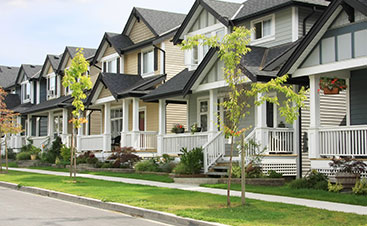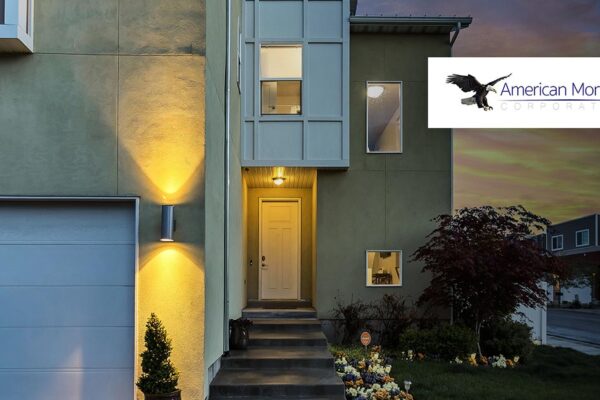Question: Should we refinance to get rid of mortgage insurance? We bought a home in an area where home prices are exploding. Our equity grows almost daily. Our lender says we should refinance to get rid of the FHA mortgage insurance and save a lot of money. Is this a good idea?
Answer: A substantial equity increase is fairly common across the country. Speaking in April, Lawrence Yun, chief economist with the National Association of Realtors (NAR), said that “home prices have risen by 41 percent and rents have climbed 17 percent over the past five years.”
As of May, said NAR, existing home prices nationwide had increased year-over-year for 75 months – that’s more than six years.
One result is that many owners want to convert real estate gains into cash. One approach is to take out a home equity line of credit (HELOC), Figures from ATTOM Data Solutions show that HELOC originations in the first quarter were up 14 percent when compared with a year earlier. That’s a big number. It’s more impressive when you consider that purchase originations during the same period were up only 2 percent while refinancing actually fell 11 percent.
Alternatively, some owners want to replace an existing mortgage with cash-out refinancing. The advantage is that with a cash-out refinancing borrowers can get 30-years to repay the debt instead of the shorter terms usually associated with HELOCs and second loans.
Get rid of mortgage insurance
When you finance with an “FHA mortgage” what you’re really getting is a mortgage funded by a private lender. In exchange for the right to buy with just as little as 3.5 percent down the FHA program insures the loan. If you don’t pay the mortgage the FHA will step in and protect the lender against loss.
Since the FHA is an insurance program it requires insurance premiums. There are two forms of FHA mortgage insurance premiums (MIPs).
First, the up-front MIP with 3.5 percent down is equal to 1.75 percent of the loan amount. For a $300,000 purchase price that amounts to $5,066 You can pay this money in cash at closing but usually it’s added the loan amount.
One way or the other the up-front MIP has been paid. Refinancing won’t bring it back.
Second, the annual MIP is equal to .85 percent of the loan amount. In this example the monthly cost will be $205.06 or $2,407 a year.
Saving $2,400 a year is attractive but does it make financial sense?
Refinance Savings
If you bought the property in 2015 the annual mortgage rate was 3.85 percent according to Freddie Mac. For a $294,566 mortgage the monthly cost for principal and interest over 30 years is $1,385.
In mid-2018 the typical mortgage rate is 4.62 percent. The rate has moved up but the loan has amortized so the borrower owes less. The current balance is roughly $276,000. Refinance over 30 years at 4.62 percent and the new monthly payment for principal and interest is $1,418. Payments have increased by $33.
The analysis looks like this: Refinance and monthly mortgage costs grow by $33 but get rid of mortgage insurance and the monthly cost drops by $205. You’re ahead $172 a month.
We need one more consideration. How much will it cost to refinance? Think of settlement charges, property taxes, title insurance, etc.
Let’s estimate that in your area refinancing will require $6,000 in closing costs. In basic terms, if you divide $6,000 by $172 it will take 35 months before you really benefit from refinancing.
Is refinancing a good deal? The real answer – pro or con – depends on the new and old monthly costs, refinancing expenses, as well as how long you stay at the property.
FHA cancellation policies have changed over time. Right now the FHA says mortgage insurance must stay in place for the life of the mortgage. This wasn’t always the case. The current policy began on June 3, 2013. If you have an FHA-backed mortgage originated before that date check with your lender to see if the MIP can simply be canceled.
Source: My Mortgage Insider



